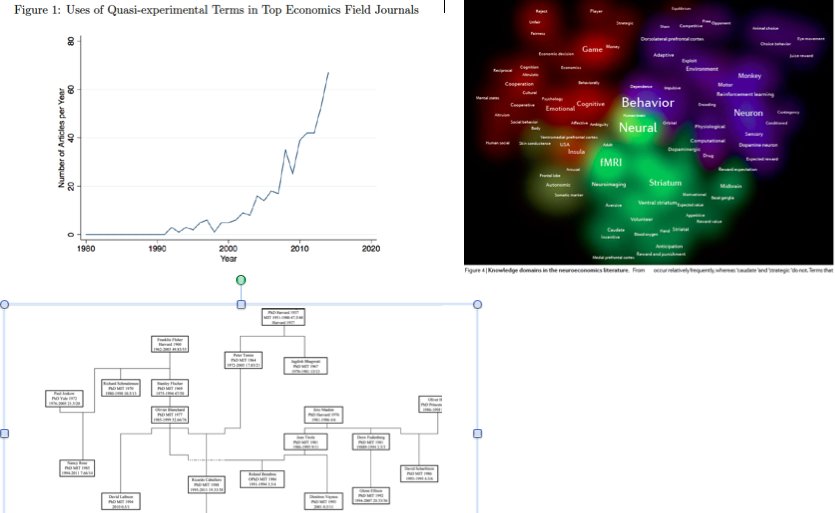Articles
Articles and analyses from the INET community on the key economic questions of our time.

Is Financial Success a Product of Inherited Genes?
Comparing outcomes for biological and adopted children sheds light on the intergenerational transmission of wealth.

Rising Inequality is Holding Back the US Economy
A four percent growth goal for first term of the next president is not only possible, but is what we should strive to achieve.

How Dated Theories & Underlying Research Misguide Policy
The financial crisis of 2008 was unforeseen to a significant extent. One reason is that the dominant academic theories influencing political decision makers ignore recent advances and instead rely largely on models and decision science dating back to the Second World War.

Is There a Quantitative Turn in the History of Economics (and how not to screw it up)?
The (very) recent rise of quantitative analysis in history of economics working papers calls for a closer examination of the prospects and limitations of this approach, and of the impediment to its large-scale development.

Greece Has Made Tough Choices. Now It's the IMF's Turn.
The International Monetary Fund’s chief economist, Olivier Blanchard, recently asked a simple and important question: “How much of an adjustment has to be made by Greece, how much has to be made by its official creditors?” But that raises two more questions: How much of an adjustment has Greece already made? And have its creditors given anything at all?

America’s Competition Fetish Kills Creativity and Produces Human Sheep
Margaret Heffernan on her latest book, A Bigger Prize: Why Competition Isn’t Everything And How We Do Better

UK Election: A Tale Of Two Nations
Yes, it is a tale of two nations, but in a much broader way than you think. Not just England and Scotland, but an equally salient parallel between Great Britain and Canada.
New Climate-Economic Thinking

We Must Lean Over Backwards
Emulate Richard Feynman: Lean over backwards so you do not fool yourself, and teach your students the discipline correctly from the start, rather than teaching them things at the start you will have to unteach them later.

Party Competition to Cut the Government Deficit by More in the UK's General Election
At least the Labour Party has only promised to cut day-to-day spending, not public investment.
Learning from Karl Polanyi
